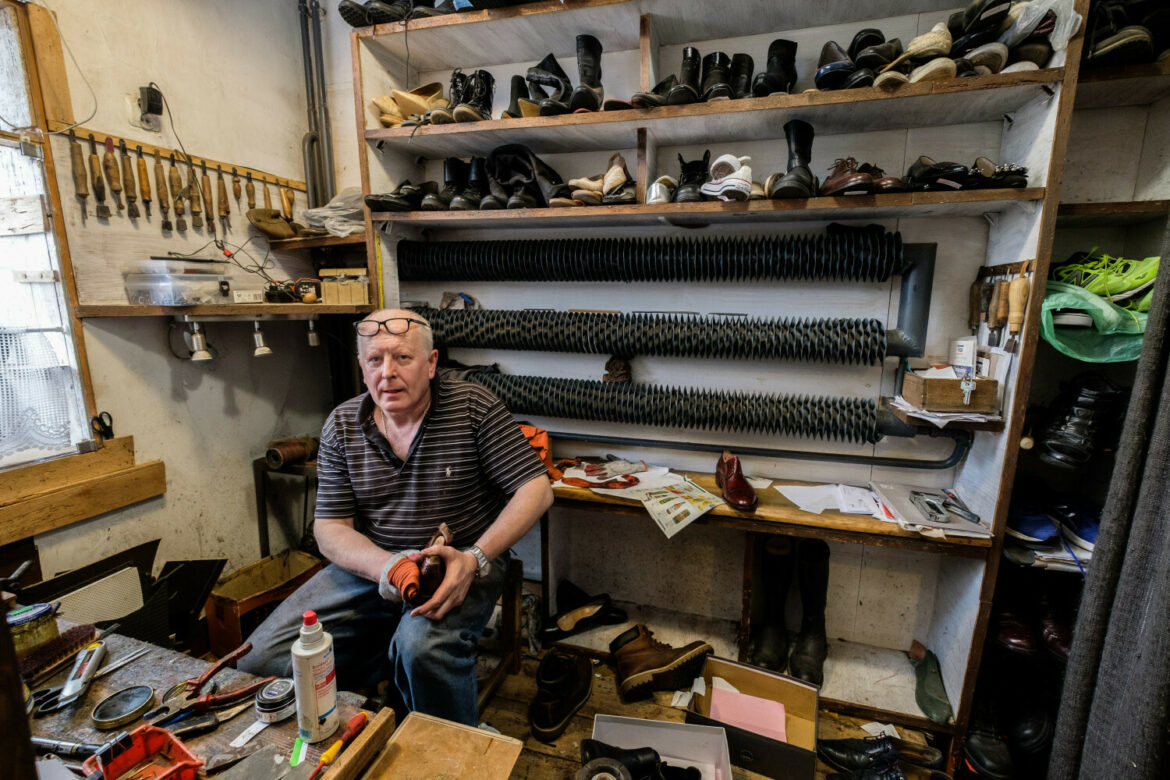There is a belief in society that vocational education is worse than academic tutoring. What can be done to change it?
The education system is crucial from the point of view of human resources that constitute the strength of the economy. In Poland, in the 1990s, basic vocational schools were shut down.
The fall of the Polish People’s Republic meant the depreciation of the status of the workers and the popular vocational school teaching them. Instead of learning a profession, it began to be associated with exile, with a shelter for the less talented people. Basic vocational schools gave way to private higher schools.
Private higher schools that proliferate in each poviat have become a source of business for their founders and lecturers from state universities there. They were supposed to be a ticket to a career, and they became a factory for not worthy diplomas.
Qualified manual workers have earned the name of specimens that they should look for, because those who did not emigrate are so few that their supply is not able to meet the demand.
In 1999, a major reform of education was carried out, including vocational education. Young people who wanted to learn a profession immediately after secondary school were given a choice: two-year vocational schools, three-year specialized secondary schools or four-year technical secondary schools. In 2011, there was a fundamental change in the model of vocational education at the secondary level.
The ManpowerGroup report titled “The talent shortage” shows that in 2021 as much as 81% of Polish companies could not find new employees with appropriate qualifications. The staff shortage was exacerbated by the technological revolution that accelerated with the pandemic.
In Poland, and even in Anglo-Saxon countries, there is a false belief that vocational education only prepares students for manual work, and not for positions requiring high qualifications. We should learn from the Germans who skillfully combine the advantages of higher and vocational education. For years, they have been implementing vocational education in conjunction with entrepreneurs and in adjustment to the regional market.
Strikingly, there is an opinion in expert society that the dispute over the superiority of university over professional education may turn out to be pointless in a world dominated by robotics, Big Data analytics and artificial intelligence. Learning will be democratized, it will be shorter, better- tailored in terms of time and subject- targeted, and it will be performed mostly on computer screens.
Grażyna Śleszyńska analyzes macroeconomic and political phenomena. She co -founded the Economic Forum in Krynica order





